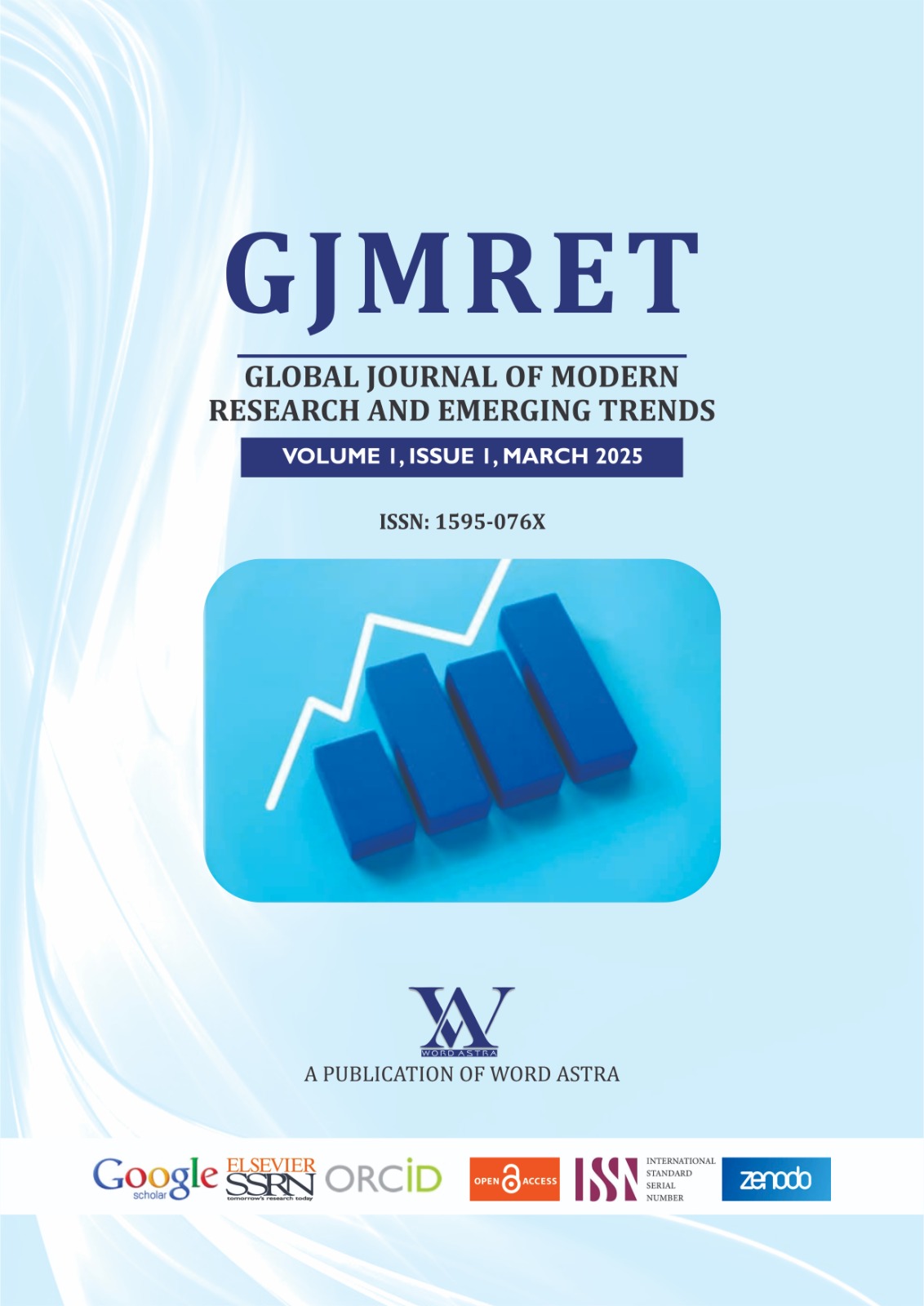
Fadama III and Poverty Reduction Among Rural Farmers in Akwa Ibom State: Challenges and Opportunities
This study investigates the impact of the Fadama III program on poverty reduction and rural development in Akwa Ibom State, Nigeria. Fadama III, a community-driven development initiative, was implemented to boost agricultural productivity, improve living standards, and reduce poverty among rural farmers. The study adopted qualitative and documentary research designs, relying on secondary data sourced from official reports, program evaluations, and academic literature. Theoretical underpinnings were drawn from the Theory of Change and Rural Development Theory, both of which emphasize improving rural livelihoods through enhanced access to resources, capacity building, and income diversification. These frameworks guided the analysis of how the program affected farmers’ assets, capabilities, and overall well-being. Data were analyzed using content analysis, which enabled systematic identification and interpretation of key themes related to the program’s outcomes. Findings indicate that Fadama III significantly improved agricultural productivity, increased household incomes, and facilitated the development of rural infrastructure. Nevertheless, challenges such as limited access to resources, insufficient program reach, and environmental constraints impeded the program’s full effectiveness. The study concludes that while Fadama III made notable contributions to poverty alleviation, there remains a need for more targeted and inclusive interventions to ensure sustainable rural development. Key recommendations include enhancing resource accessibility, expanding program outreach, and promoting environmentally sustainable agricultural practices to amplify the program’s long-term impact.
Download Article


